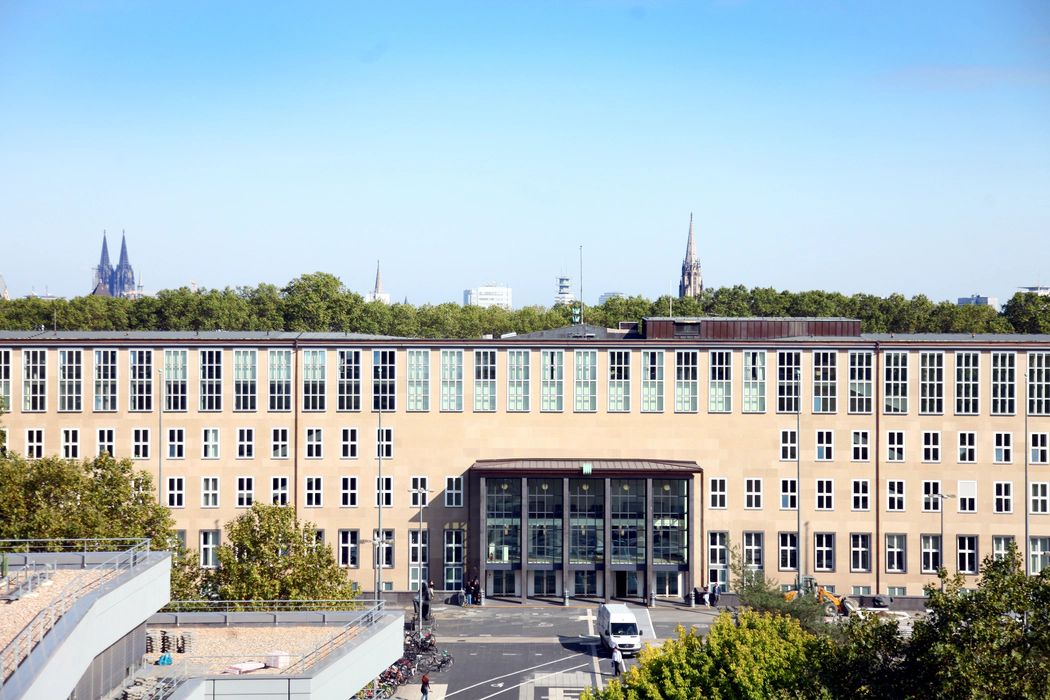How Can We Eliminate Traffic Congestion in Urban Centers?
DOI:
https://doi.org/10.21036/LTPUB10714Researcher
Peter Cramton is Professor of Economics at the University of Cologne and Emeritus Professor of Economics at the University of Maryland. Having completed his doctoral research at Stanford University, Professor Cramton has also previously worked at Yale University. His main research interests include Market Design, Auction Theory and Practice and Industrial Organization. Among the world’s leading authorities on spectrum auctions, Professor Cramton regularly advises governments and participants on the design, implementation and operation of such auctions. The founder of Cramton Associates, he is also a director and chief economist at several companies.

Original Publication
Set Road Charges in Real Time to Ease Traffic
Peter Cramton,
R. Richard Geddes,
Axel Ockenfels
Published in
Citation
Peter Cramton,
Latest Thinking,
How Can We Eliminate Traffic Congestion in Urban Centers?,
https://doi.org/10.21036/LTPUB10714,
Credits:
© Peter Cramton
and Latest Thinking
This work is licensed under CC-BY 4.0
